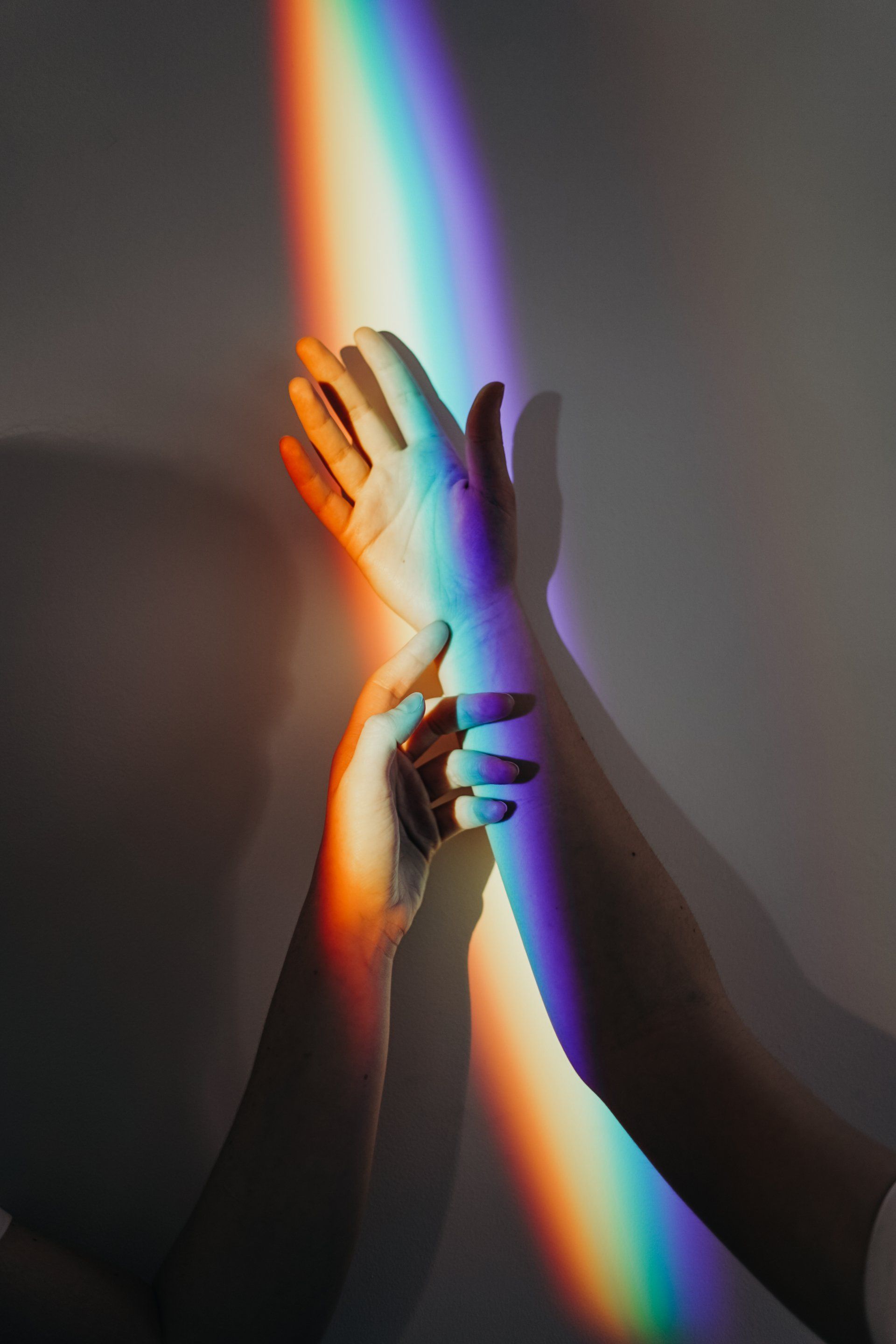Welcome to another edition of Queer ID, this time we’re going to explore access that has been given to marginalised communities.
So the story goes, since the dawn of time humans have invented divisions to be able to live in communities and societies, some philosophers even argue private property is the beginning of the demise of humankind also known as the noble savage myth. These divisions have evolved over time, sometimes being as radical as segregation and sometimes as superficial as what we now call microaggressions. You know all those ‘’jokes’’ your co-worker tells about how a marginalized group is different in some way others aren’t, perpetuating a certain view of society in a very subtle manner.
In these divisions we have invented, the group we refer to as white people invented categories to divide men, races, colours, earnings, sexual orientation, character, social status and so on… Each being a distinct box where you needed to have certain requirements to get in, both literally for physical spaces, and metaphorically for constructed ideas. For instance, if you were born to Spanish parents in 1600 Latin America, you were considered as superior to indigenous people, and you were entitled and granted access to land, position of power and titles. In present times, segregation has much more insidious yet dangerous ways of separating humans, one is sexual orientation and how it’s portrayed and perceived.
Dissident identities have existed throughout history with different levels of acceptance, the muxes in Mexico for example have always been a third gender option for people and have always been accepted. Nowadays, LGBTQ people still fight to gain access to some sections of society, as the way we present to society is often challenging. Therefore, dissident and specially queer identities have had to make a choice, either express themselves and fall into categories such as: queen, butch, masc among many other or closet themselves and hide behind fake appearances of pretending otherness. Losing in this process the ability to live an authentic life, being segregated from places of empowerment and development because difference is marginalised and punished. Making some areas of society unattainable because of arbitrary boundaries drawn by things such as your clothes. Making access and holding certain places in society hard, in addition to making living authentically almost impossible because existing outside those boundaries feels forbidden.
Whether it is women deciding to wear pants instead of skirts, or men deciding to kiss in the street regardless of fear of punishment by the authorities, access to existence has been denied many times. Today, I invite you to think of which ways you have access other people don’t have. Maybe you have access to family secrets no one else has, maybe you can wear a ponytail where you work and it’s not a big deal. Maybe you can kiss your partner in the streets and not feel in danger, maybe you feel unsafe walking alone at night regardless of where you live. Maybe you have never gone to bed without a meal because the fridge has always been there, or maybe you have never heard a slur thrown at you that has shaken you to your core.
I want you to think, especially in this time, of all the places you can create access to people in need. When can you step up for someone when another is taking advantage of the disability of a friend. When by being the first person doing it, create a safe space for people behind you to do it. How by stating your pronouns online you’re helping bridge the gap for trans people, or how coming out as straight might take some pressure from your queer peers to disclose their sexual preference.
I challenge you to fight fear and those unwritten rules and become, even if it is for a little while, a dissident of the social rules, on and offline.
I'm Andrés Cortés,Colombian, 24 years old, curious and hardworking. Professional translator, artivist and polyglot. Among my interests are etymology, linguistics and every day ethics. How can philosophic knowledge can be applied on an everyday basis. Apart from Kittiwake I also manage the artistic collective La Mesa and teach corporal theater to Colombian companies. I am fluent in Spanish, English, French and Italian and can communicate in German, Portuguese and Catalan.
Read More


Watch Our Episodes





